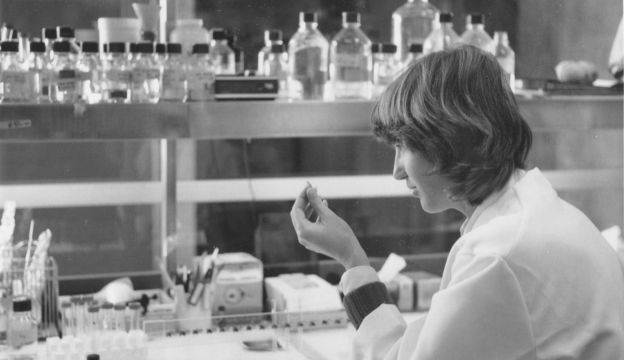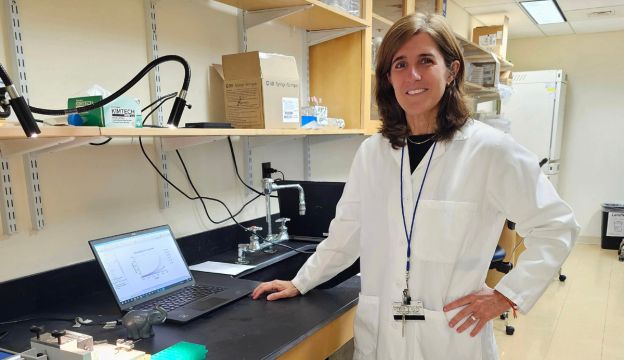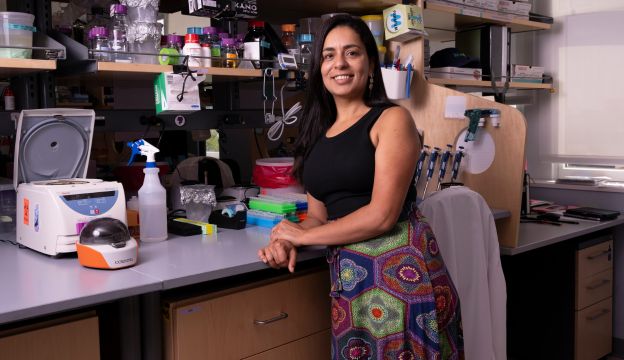Excellence in Science Awards
For more than 30 years, FASEB’s Excellence in Science Awards have recognized outstanding women scientists who demonstrate commitment to the professional development of others, their scientific society, and the broader science community. The awards recognize achievements by these scientists at three different career stages:
- Lifetime Achievement (established investigators)
- Contributes to the broader scientific community (e.g., leadership roles, university service, public outreach)
- Training of students and postdoctoral fellows
- Scientific achievements, including landmark discoveries and high-impact publications
- Mid-Career Investigator (within 7-15 years of first independent scientist position)
- Impacts the career development of others through mentorship and teaching
- Participates in university service, professional organizations, or community outreach
- Scientific achievements, including landmark discoveries and high-impact publications
- Early-Career Investigator (within 7 years of first independent scientist position)
- Notable scientific achievements
- Develops unique research/education tools or programs
- Demonstrates leadership in interdisciplinary research/education
Women scientists who are current members of a FASEB Full Member Society are eligible for nomination. Nominators must also be a current member of a FASEB Full Member Society.
Award recipients will receive a cash prize and funds to present an Excellence in Science Award Lecture at the annual meeting of a FASEB member society of their choice. View past recipients.
Nominations
Nominations for the 2025 Excellence in Science Awards are closed.
Need More Information about the Excellence in Science Awards?
Additional information on eligibility, submission requirements, and nomination procedures may be found online here.
2024 Award Recipients
Lifetime Achievement Award

Holly Ingraham, PhD
Holly Ingraham was inspired to become a scientist by her great-grandfather's microscope and the freedom to explore nature without pressure.
Mid-Career Investigator Award

Pilar Alcaide, PhD
Pilar Alcaide developed an interest in biology due to her experience with an autoimmune disease, which compelled her to explore how the immune system worked.
Early-Career Investigator Award

Mariana Byndloss, DVM, PhD
During veterinary school, Mariana Byndloss became fascinated by how bacteria could have such an impact on human health and disease.